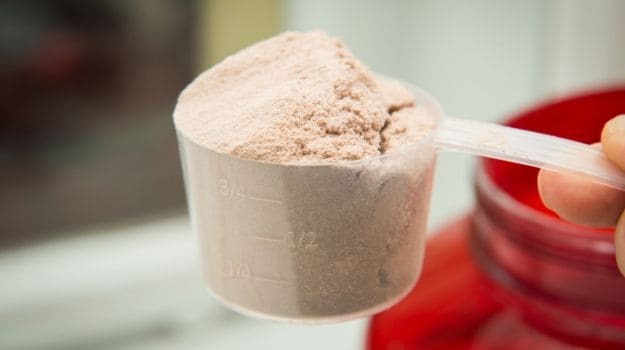The Truth About Protein Powder: Unveiling the Dark Side of Nutrition Supplements
In the world of fitness and health, protein powder stands as one of the most revered supplements. Some individuals incorporate it into their diets to aid muscle development, while others consume it to fulfill their daily protein requirements more efficiently. However, one might be surprised to learn that protein powder consumption can also have detrimental effects.
Unveiling the Reality:
Misleading Packaging
The packaging of protein supplements often misleads consumers. According to a recent study published in a medical journal, 70% of examined protein supplements in India provided inaccurate ingredient information on their labels. These discrepancies could potentially introduce toxins into the body.
Parasitic Contamination
Shockingly, the study revealed that certain brands only disclosed partial information about their protein ingredients. Moreover, 8% of samples contained pesticide residues, while 14% showed the presence of harmful and carcinogenic mold, aflatoxin. This study encompassed various types of protein powders, including those containing nutritional elements, herbal extracts, vitamins, minerals, and other natural or artificial substances.
Adverse Effects
While protein supplements may not necessarily be toxic if free from harmful ingredients, excessive consumption can still pose risks to health. Recent studies haven’t definitively linked protein powder consumption to adverse health effects, but excessive usage can potentially lead to kidney, liver, bone, and digestive issues, especially for individuals with pre-existing medical conditions.
Who Should Consume Protein Products?
Protein powder is popular among athletes and fitness enthusiasts for its perceived ability to enhance muscle growth and physical performance. However, it’s not a necessity for everyone. Natural sources of protein can be equally effective in meeting daily intake requirements.
Protein powder, once hailed as a miracle supplement, now stands under scrutiny due to misleading packaging and potential health risks. While it can be beneficial when consumed in moderation and under expert guidance, individuals should exercise caution and explore natural alternatives to meet their protein needs.
 Suspense Crime Sach Ka Dam
Suspense Crime Sach Ka Dam



